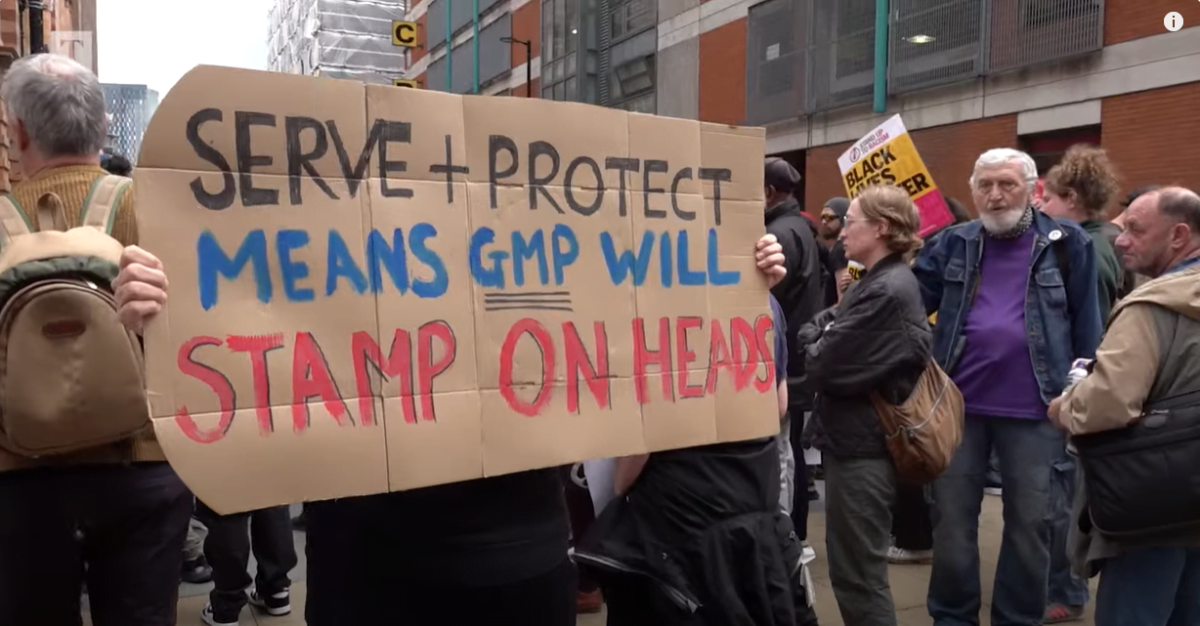Spongers, Scroungers and
Scum. These are just three of the many words used by the red-top newspapers
(the tabloids) in describing the 2.7 million people on incapacity benefits.
Many male manual workers made
redundant from heavy industries in the 1980s and 1990s now spend the rest of
their lives on incapacity benefits.
Since 1997, the acute stress
imposed on workers in the workplace, means that figures for long-term illness
and depression have soared. Recent figures show that 1.2 million of the 2.7
million people on incapacity benefits are unable to work due to mental health
problems. The rising number of claimants who suffer from mental disorders is a
reflection of a service-dominated economy. For example, research shows that ten
per cent of workers in call centres are clinically depressed. Call centres are
just modern versions of the dark satanic mills of old.
In 2006 New Labour had a
target of reducing the number of people on incapacity benefits by one million
by 2016. To achieve this goal would involve the government in a statistical
sleight of hand.
There are currently 850,000
claimants of incapacity benefits aged over 55. Therefore within ten years these
people would either be dead or retired. All it would need to reduce the number
of incapacity benefits claimants by one million would be for the Department of
Work and Pensions to get 150,000 current claimants off benefit, together with
reducing the flow of new claimants.
However, a major spanner in
the works has come from the number of young people, aged 16 – 35; who have
moved onto incapacity benefits over the last five years. There are now 500,000
young people, aged 16 – 35, and now claiming incapacity benefits. This is
higher than those claiming Job Seekers’ Allowance. A second generation of
people is now coming onto incapacity benefits due to mental illness. This is a
reflection of the despair and hopelessness amongst a section of youth.
There is evidence to show
that if someone is on incapacity benefits for two years, they are more likely
to die or retire than go back to work. To counter this, the government has
introduced Pathways to Work pilots, which have been very successful in helping
many thousands of people come off incapacity benefits and into work. Pathways
to Work will soon be rolled out across the whole of Britain.
However, because the
government has run out of money, it has taken on David Freud, a city investment
banker, as an adviser to the Department of Work and Pensions. David Freud wants
to pay private companies up to £62,000 in getting the average person on
incapacity benefits into the world of work.
All capitalist politicians
now talk about the era of full employment. However, in true Orwellian language
full employment is the name given to mass unemployment. While there are 2.7
million on incapacity benefits who would like to find work, we cannot talk
about full employment. The capitalist politicians want to talk about the era of
full employment, whilst at the same time using mass unemployment as a means of
driving down wages. To paraphrase Marx: the level of wages is not determined by
the 100 workers in a workplace, but by the ten unemployed workers standing
outside the factory gate.
One way to drive down wages
is through the employment of the 1.3 million migrant workers, mainly from
Poland and other Eastern European countries, who have come to Britain since
April 2004. This has had a side-effect of displacing mainly young male
British-born workers onto Job Seekers’ Allowance and then onto incapacity
benefits.
Another way is by bringing
the one million of the 2.7 million people on incapacity benefits, who say they
would like to work, into work or into a pool of surplus labour. It is only
right that all people with physical disabilities or mental health problems have
the chance to work, if they want to.
The labour movement should
therefore have policies to enable this to happen and counter any extreme
exploitation by employers.
- Participation of claimants of Incapacity Benefits
on Pathways to Work to be entirely voluntary, with no benefit sanctions on
people who refuse to take part. - Pathways to Work to be under the supervision and
control of the PCS trade union and local trades councils. - Participation of Incapacity Benefit claimants on
Pathways to Work work experience placements to be at trade union rates of
pay. - The national minimum wage to be raised to £8 an
hour, as a step towards two-thirds the average wage, to eliminate the
benefits/work poverty trap.






